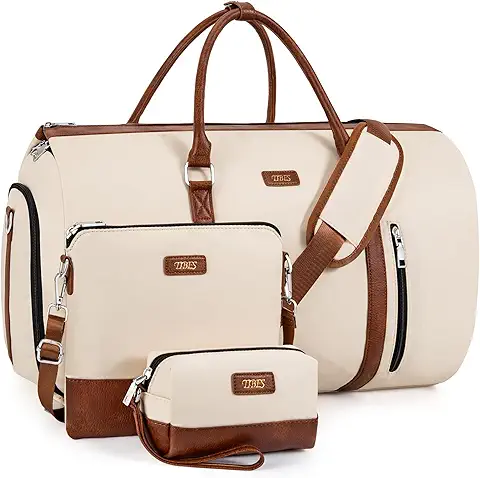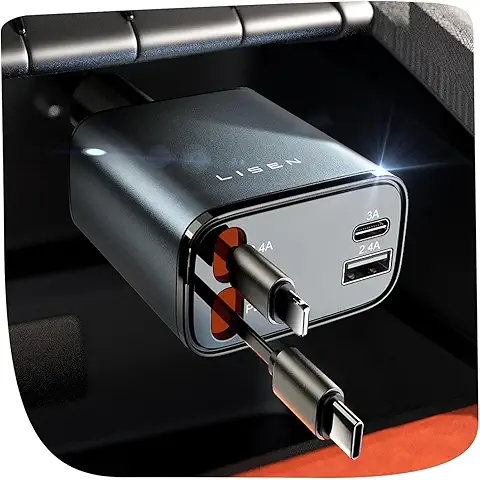Frontier Airlines vs. Southwest: The New Baggage Fee Battle Shaping U.S. Air Travel


The airline industry in the United States is undergoing a seismic shift in 2025. For decades, baggage policies have been a key differentiator for carriers, with Southwest Airlines famously standing apart by allowing two free checked bags. That long-standing advantage came to an end this summer when Southwest introduced baggage fees, joining the ranks of legacy airlines like Delta, American, and United. This change has not only sparked frustration among loyal Southwest travelers but has also opened the door for competitors to capitalize on the dissatisfaction.
One airline that has wasted no time in seizing this opportunity is Frontier Airlines. In a bold and unconventional move, Frontier announced a limited-time promotion offering free checked bags for summer travelers, directly challenging Southwest’s new policy. The result is an airline showdown that could reshape passenger expectations and the competitive dynamics of the U.S. airline market.
Frontier’s Counterattack: Free Checked Bags & More
Frontier’s promotion, which ran from May 28 to August 18, was more than just a marketing stunt, it was a strategic strike. Here’s what the airline offered:
- Free Checked Bags: Every passenger flying Frontier during the promotion received one free checked bag, a direct counter to Southwest’s new baggage fees (now ranging from $35 to $50 per checked bag).
- Economy Bundles at No Extra Cost: Between March 18 and March 24, travelers could book special bundles that included a carry-on bag and seat assignment fees that usually add up quickly on low-cost carriers.
- Nonstop Routes: The deal applied to nonstop flights booked directly through Frontier’s website or app, ensuring customers engaged with Frontier’s digital platforms.
Barry Biffle, Frontier’s CEO, made it clear this wasn’t just a discount, it was a declaration of war on competitors. In his words:
“Some airlines are walking away from what travelers love, but we’re running towards it. Think of this as the ultimate ‘divorce old airline’ deal. If travelers show us the love, we’ll make these perks permanent.”
This statement not only underscored the competitive intent but also positioned Frontier as a customer-first alternative in an era where most airlines are steadily stripping away perks.
Why This Matters for U.S. Travelers
For years, Southwest’s free-bag policy wasn’t just a perk, it was a brand identity. Travelers who dreaded nickel-and-diming by other airlines chose Southwest because they knew exactly what to expect. Now that Southwest has aligned itself with industry norms, the distinction is gone.
Frontier’s move, though temporarily reminds passengers that airlines still have the power to shape positive customer experiences. By eliminating baggage fees, Frontier lowered costs for families, budget travelers, and even business flyers who often pay hundreds in add-on charges each trip.
For context, baggage fees are a multi-billion-dollar revenue stream for airlines. In 2023 alone, U.S. carriers collected over $6 billion from checked luggage fees. Frontier willingly cutting into that profit pool signals a willingness to experiment with loyalty-building strategies, something low-cost airlines rarely risk.
Southwest’s Gamble: From Free Bags to Frustrated Flyers
Southwest officially rolled out baggage fees on May 28, 2025, offering exceptions only for its most loyal flyers:
- Two free bags for Rapid Rewards A-List Preferred Members and Business Select Customers.
- One free bag for A-List Members and select customers.
- Credits for the first bag to Rapid Rewards credit card holders.
For everyone else, the days of two free checked bags are gone.
The backlash was swift. Not only were passengers upset about the fees, but an unintended consequence quickly emerged: more travelers started bringing carry-ons to avoid the baggage charge. This led to overcrowded bins, gate delays, and what many describe as an erosion of the “Southwest experience.”
Travel insiders have noted that Southwest gate agents are now forcing travelers to gate-check bags early even when overhead bin space is available. This undermines one of the airline’s core operational advantages: faster boarding and smoother departures.
Andrew M. Watterson, Southwest’s COO, admitted during an earnings call that the airline is using a machine learning tool to predict how many bags need to be gate-checked per flight. The intent is efficiency, but passengers see it as another customer-unfriendly practice. In fact, many are complaining that their carry-ons are confiscated despite visible space remaining in overhead bins.
The Growing Disconnect Between Airlines and Passengers
The changes at Southwest and the countermeasures by Frontier highlight a larger industry trend: the widening gap between airline strategies and passenger expectations.
- Passengers Want Simplicity: Most travelers prefer transparent pricing over hidden fees. Frontier’s temporary bundles made budgeting easier, while Southwest’s new baggage fees complicated its once-simple reputation.
- Customer Loyalty Is Fragile: Southwest once thrived on goodwill built around free bags, no change fees, and friendly service. By walking away from one of those pillars, it risks losing the loyalty it took decades to build.
- Competitors Are Watching Closely: Delta, United, and American already charge for bags. Spirit and Allegiant thrive on low base fares with high ancillary fees. Frontier’s experiment may encourage rivals to rethink how perks can be used to lure frustrated flyers.
.jpg)
Beyond Bags: The Economics of Low-Cost Travel in 2025
Airline economics in 2025 are defined by rising fuel costs, thinning margins, and weakening domestic demand. To offset these pressures, most carriers have leaned heavily on ancillary revenue: bag fees, seat selection charges, food sales, and early boarding perks. Southwest joining this model shows just how critical these revenues have become.
But the strategy comes with risk. If passengers feel nickel-and-dimed, they will shop around more aggressively, use fare comparison tools, and consider alternatives they once ignored. This dynamic is precisely what Frontier is banking on with its summer promotion.
The Ripple Effect: Competitors Respond
Southwest isn’t the only airline in turbulence over fees. Other carriers are making changes in response to evolving traveler expectations:
- Delta Air Lines recently introduced a “family-friendly” perk on select routes, offering free seat assignments for families with children under 12. While not a direct response to baggage fees, it’s part of a broader push to improve customer goodwill.
- United Airlines has quietly expanded its basic economy restrictions but bundled them with targeted discounts for frequent flyers, softening the blow.
- Spirit Airlines continues to double down on ultra-low fares but has faced backlash for aggressive fees making Frontier’s temporary generosity stand out even more.
If Frontier’s gamble succeeds, it could set a precedent where carriers test limited-time perks to capture market share, something rarely seen in today’s fee-heavy environment.
What This Means for Travelers Today
For passengers planning fall and holiday travel in 2025, here are some takeaways:
- Shop Around: Don’t assume Southwest is still the cheapest option. Once baggage fees are factored in, Frontier, Spirit, or even legacy carriers with bundled fares may be more affordable.
- Look for Promotions: Frontier’s move shows airlines are willing to experiment. Keep an eye out for similar promotions, especially during competitive travel seasons.
- Consider Loyalty Programs Carefully: If you’re not a frequent traveler with elite status, the “perks” may not outweigh the added fees. Budget-conscious travelers should calculate the true cost before booking.
Looking Ahead: Will Free Bags Make a Comeback?
The airline industry often operates in cycles. What seems permanent today can change tomorrow if customer sentiment shifts and competitors see opportunity. While most airlines have embraced fees as a permanent fixture, Frontier’s bold move proves that perks like free checked bags can still be a powerful marketing tool.
As U.S. carriers battle slowing domestic demand, the competition for passengers will intensify. Whether free bags become a permanent fixture at Frontier, or whether Southwest backtracks on its decision will depend on how travelers vote with their wallets.
One thing is clear: airlines that ignore passenger frustrations do so at their own peril.
Conclusion
Southwest’s baggage fee rollout and Frontier’s counteroffer represent more than just a fight over luggage. They reflect the broader struggle between cost-cutting strategies and customer loyalty. Travelers today are savvy, and they’re quick to shift allegiances when fees pile up and perks disappear.
For now, Frontier has positioned itself as the airline willing to listen and respond to passenger frustration. If this experiment gains traction, other carriers may have to rethink their fee-heavy strategies.
In 2025, U.S. air travel is no longer just about getting from Point A to Point B. It’s about trust, transparency, and the perception of value. And in that battle, baggage fees have become the new front line.








